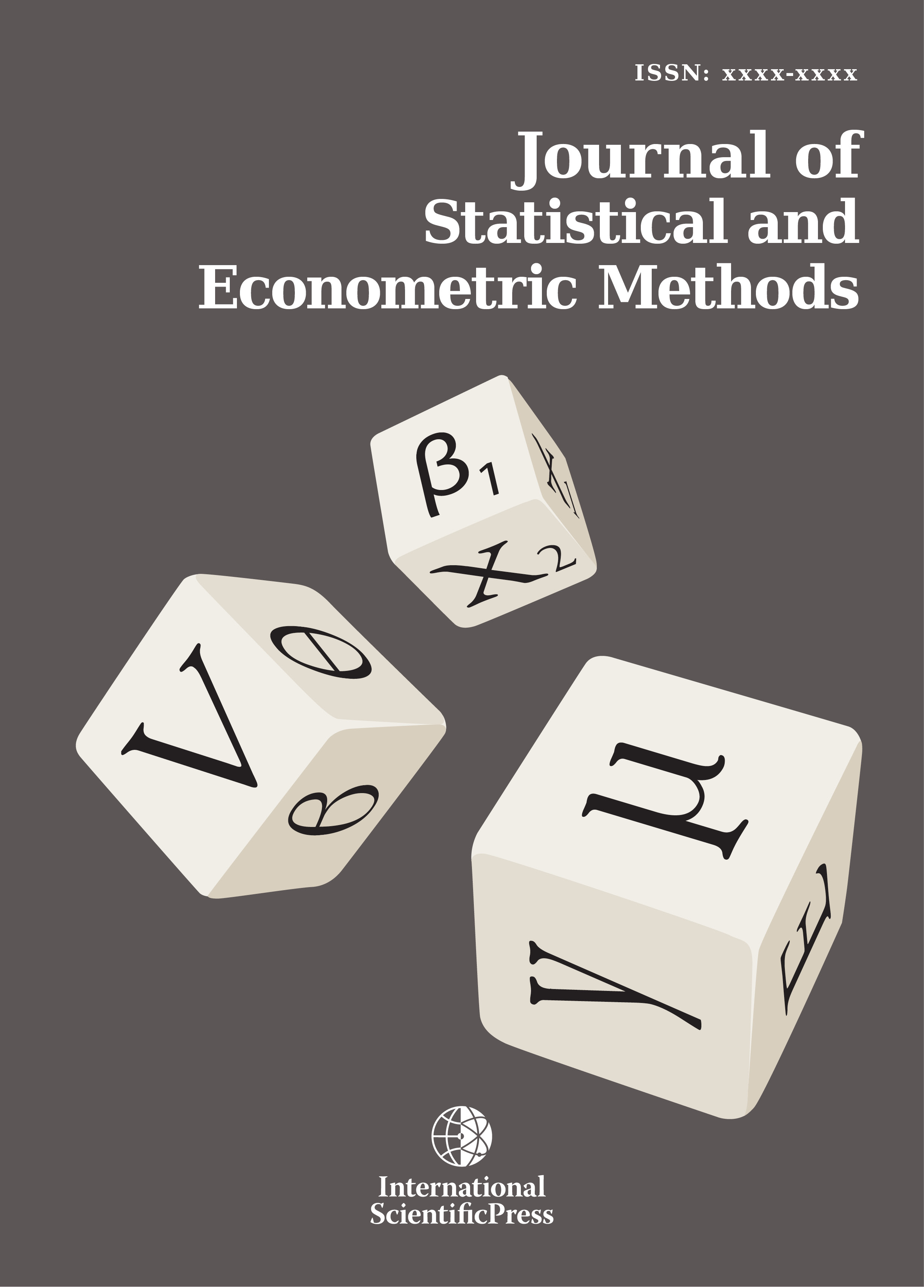Abstract
The shortage of organs in most countries around the globe is, as explained by economists, a result of legislation outlawing the buying and selling of human organs. Spain, for example, has prohibited the commodification of organs since 1979, yet the Spanish system of organ procurement goes beyond that of most other countries by allowing organ procurement officials to offer monetary compensation, which is generally presented as funeral cost assistance, to the families of potential deceased donors. As a result, Spain’s prior shortages have been eliminated, which means that Spain has stabilized and reduced the waiting list for kidney grafts. This study focuses on the lack of transparency inherent in the Spanish system of organ procurement, with the attendant likelihood that sub rosa payments perhaps extend beyond what is required to cover funeral costs. More specifically, we use a forecasting procedure – the Quandt-Andrews unknown break point test – to determine exactly when, after ONT revamped Spain’s model of organ procurement in 1989, the kidney shortage in Spain was eliminated and the country’s waiting list was stabilized (and began to fall). Our results indicate that Spain successfully addressed its previous kidney shortage by 1998, or about 10 years after implementation of the country’s compensation-based procurement model. Additionally, a meta-type analysis, using survey-based evidence from prior research, suggests that Spanish procurement officials may have been, at the time the kidney shortage was eliminated, providing the families of deceased donors a financial reward in the neighborhood of €1287 (in today’s currency).
JEL Codes: D64; D72; I18
Keywords: organ shortage in Spain; supply of kidneys; price ceiling; Quandt-Andrews unknown breakpoint test
 [ Download ]
[ Download ]
